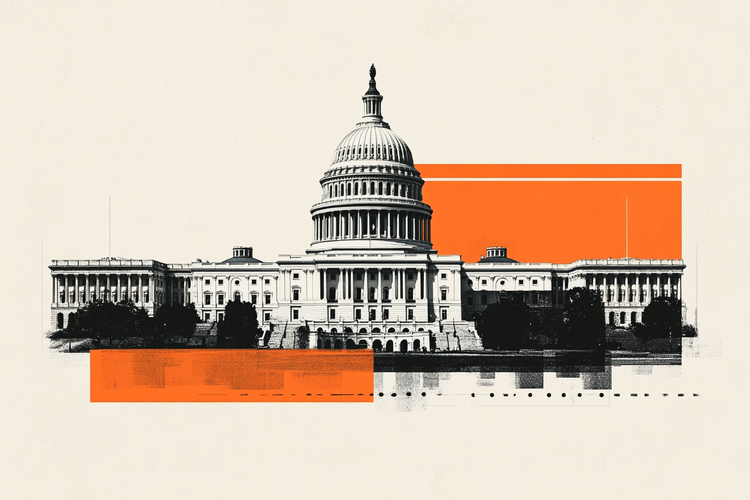In his latest blog post, US economist Paul Krugman (winner of the 2008 Nobel Prize in Economics) shows one of my favorite graphs: the net international investment position (IIP) of the US, in other words, the net debt (when negative) of the US economy vis-à-vis the rest of the world. It has been growing dramatically lately. And indeed, this is a potential problem. But Krugman’s explanation is wrong. He writes: ‘One consequence of decades of capital inflows is that America owes a lot of money to the rest of the world’, Commerzbank’s Head of FX and Commodity Research Ulrich Leuchtmann notes.
Price effects, not capital flows, now drive U.S. IIP shift
“Krugman would have been right in the early 2000s. Today, however, capital inflows (in economist jargon: ‘financial account transactions’ or short ‘F/A transactions’) no longer play a decisive role in the change of US net IIP. If the US’s debt is rising mainly because US assets are valued more highly, this is a far less dramatic story than the one Krugman is telling. The US is so heavily indebted because foreigners are so keen to hold US assets that they keep pricing them higher and higher. That doesn’t sound so dramatic and less like an impending crisis.”
“However, the situation is still not entirely reassuring. If foreigners decided to cash in on a large scale, there could still be capital flight. The nasty scenario Krugman predicts is certainly possible! But a different scenario is also conceivable: falling prices of assets held by foreigners could lead to a recovery of US net IIP. We saw something like this briefly in 2022, when the US’s net IIP recovered slightly: rising US yields devalued fixed-income assets and therefore a chunk of the US’s liabilities to the rest of the world. A stock market crash would have similar consequences. That would not be good news for US citizens who rely on 401k plans.”
“And it would be ugly for those FX market participants with USD-long positions. But it would be different from Krugman’s sudden-stop scenario. And what can we learn from this in general? Look at the data! Even Nobel Prize laureates should stick to this rule.”

